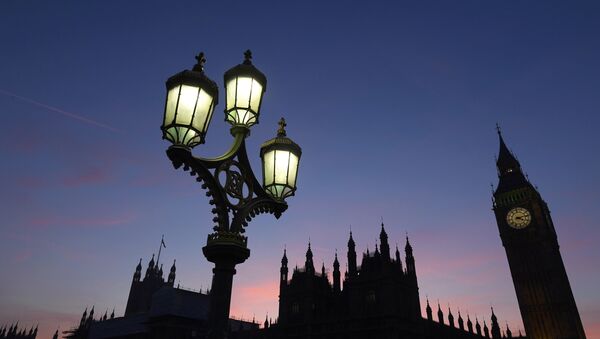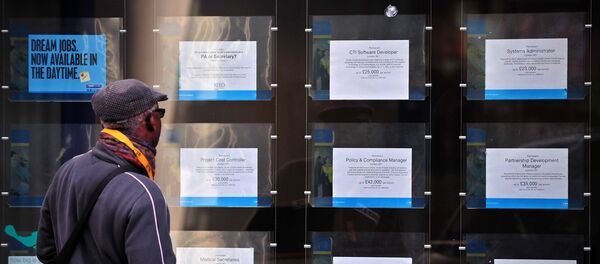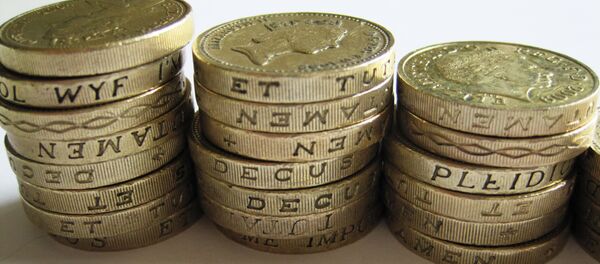Kristian Rouz – Inflation in the UK last month accelerated to its quickest pace since October 2014, led by clothing retail prices as the weaker pound and higher fuel costs resulted in business expenses being passed on to consumers. Costs of imported goods rose by roughly 15pc, the greatest surge in the past five years.
UK inflation has accelerated to 1.2pc in November from 0.9pc the previous month, and the consumer prices index is at its highest since late 2014, the Office for National Statistics (ONS) reported on Tuesday. The measure has also beaten earlier estimates, as predictions had weighed the November prices index at 1.1pc.
The uptick in domestic UK inflation is a direct consequence of the Brexit-inflicted devaluation of the pound sterling, which has fallen by 13.87pc year-to-date. Currently at $1.2679, the sterling had crashed to as low as $1.19 earlier this year, and the 15-percent increase in imports prices in the UK correlates with the FX market dynamics.
“Prices in the shops and on the garage forecourt are starting to reflect the big drop in sterling since the EU referendum result,” Andrew Sentance of PwC said.
Another factor contributing to the quicker inflation in November is the gradual increase in global oil prices that month stemming from the speculation surrounding the OPEC deal to reduce the world's oil supply.
Clothing retail prices have gained 4pc since June, whilst fuel prices have increased by 7.4pc year-on-year.
In a separate report, the ONS said UK producer (factory gate) prices increased by 2.3pc year-on-year in November, the highest since April 2012. Manufacturing input prices, which include raw materials, fuel and other processing costs, skyrocketed by an annual 12.9pc. Therefore, further gains in the UK inflation are most likely.
“We expect consumer price inflation to trend markedly higher over the coming months as sterling weakness increasingly feeds through,” Howard Archer of London-based IHS Markit said. “The BOE will be pretty tolerant on the probable appreciable inflation overshoot given the prolonged, highly uncertain outlook that the UK economy is likely to face as the government negotiates the exit from the EU.”
However, the British Chamber of Commerce (BCC) sees broader economic growth as slowing in 2017 to 1.1pc from an average estimated 2.1pc this year. In 2018, the BCC said, the UK’s economy will expand by 1.4pc. The BCC is the nation’s biggest special interest group representing UK private sector enterprises.
"We want to see inflation hopefully not be quite as bad as we expect. If inflation moderates, if it doesn't spike quite as much as we're thinking it will do, I think a lot of businesses will feel they have a little bit more room to manoeuvre and indeed to get ahead," Director-General of the BCC, Adam Marshall, said.
Longer-term outlook on inflation, however, is more subdued. After the shockwaves of Brexit and dearer oil settle, inflationary pressures will ease once again due to the high levels on household indebtedness, wage stagnation and lack of worker bargaining power. Moderate longer-term inflation is seen as hampering growth, therefore, the current spike in price gains might be a good opportunity for the UK’s public and private sectors to expand their domestic operations.







